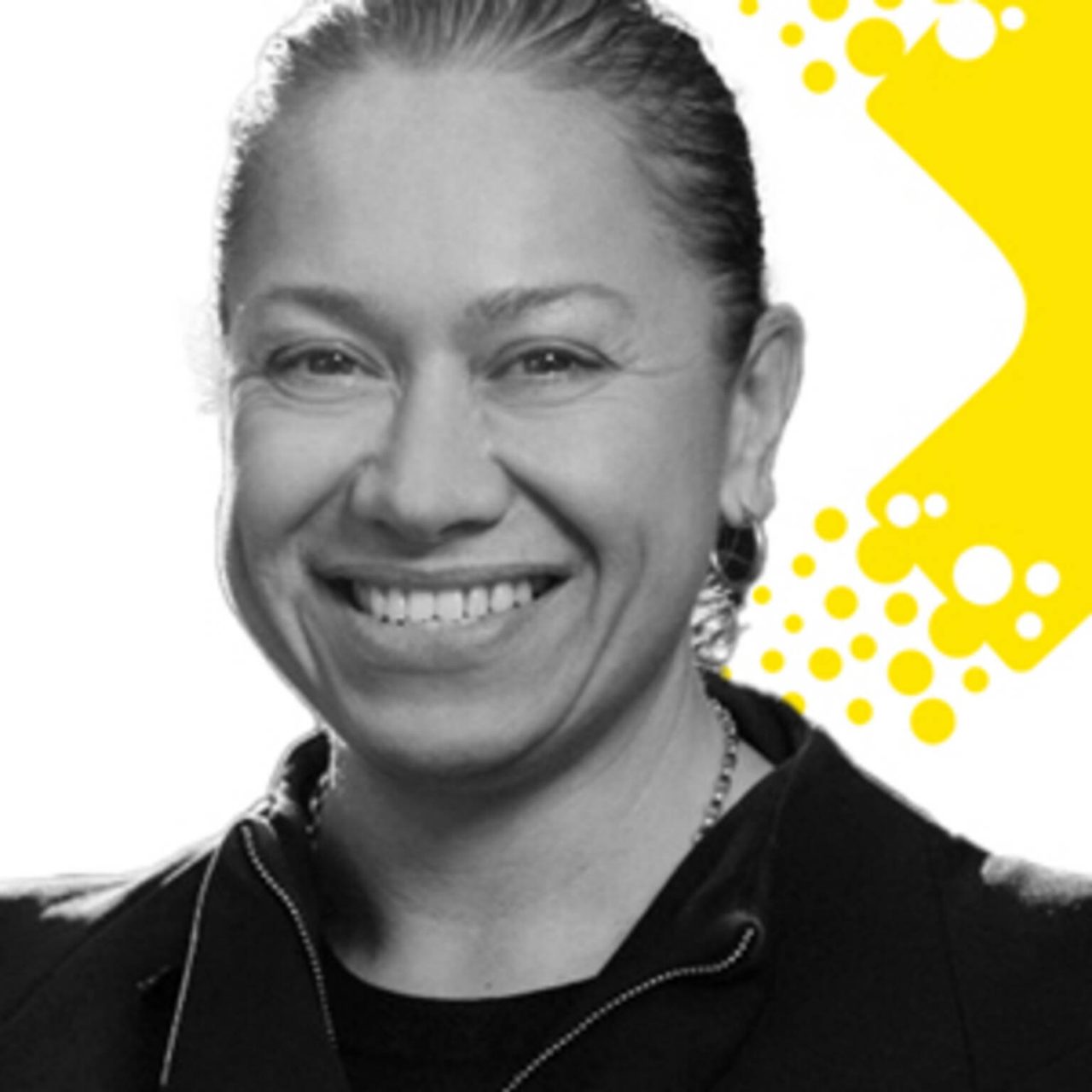15 minute break

IAPA National Conference "Advancing Analytics" 2022
Day 2 Program - 17 November - Virtual
Annette Slunjski
Managing Director, IAPA

Alex Engler
David M Rubenstein Fellow, The Brookings Institution (US)
Both the EU and US have recently announced policies for AI regulation with New York passing AI audit legislation. What does the Blueprint for an AI Bill of Rights (US) and EU AI Act mean for the use of AI and algorithms in financial services, healthcare, hiring, education, human resources and law enforcement? Can legislation effectively reduce civil rights harms? Alex explores what these developments mean for those developing algorithms, data privacy, data collection and the role of humans in AI or algorithmic use.

Megan Brown
Director, Global Center of Excellence for Advanced Analytics & Data Science, Starbucks (US)
Megan will discuss:
- A few of the ways self-service fails, in spite of our best intentions
- Keeping analytics products top of mind for business leaders
- Building accessible analytics products for business leaders
- Using micro-learning to bring your stakeholders to self-service independence.

Duncan Cambridge
Principal Cloud Architect, Google Cloud

Rolando Garcia
PhD Researcher, UC Berkeley (US)
Organisations rely on machine learning engineers (MLEs) to operationalize ML, i.e., deploy and maintain ML pipelines in production. The process of operationalising ML, or MLOps, consists of a continual loop of (i) data collection and labeling, (ii) experimentation to improve ML performance, (iii) evaluation throughout a multi-staged deployment process, and (iv) monitoring of performance drops in production. When considered together, these responsibilities seem staggering -- how does anyone do MLOps, what are the unaddressed challenges, and what are the implications for tool builders?
Rolando and team conducted semi-structured ethnographic interviews with 18 MLEs working across many applications, including chatbots, autonomous vehicles, and finance. These interviews expose three variables that govern success for a production ML deployment: Velocity, Validation, and Versioning. Rolando will present the paper outcomes and summarize common practices for successful ML experimentation, deployment, and sustaining production performance. Finally, he will discuss pain points and anti-patterns, and their implications for tool design.

Xi Liang
Data Science Practice Lead, Endeavour Group

Andy Nelson
Director of Product Development, Lily AI (US)

David Lim
Senior Manager, Synergy Group Australia

Louise Cooper
Director of Data Strategy & Management, News Corp

35 minute break for lunch and looking away from the screen
Ravinendra Pratap
Senior Data Consultant, Blackbook.ai

Sameli Mäenpää
SVP, Chief Data Officer, OP Financial Group (Finland)
OP Financial Group’s Data Balance Sheet provides an open and transparent description of the governance, management and use of data in Finland’s biggest financial services group. Hear Sameli discuss how OP Financial Group uses data to develop banking and insurance services, to achieve greater understanding of the customer’s needs, and to secure the future of the Finnish financial system. The Data Balance Sheet describes how they use data to realise the Group’s strategy from the business, customer benefit and risk management perspectives. For customers and other stakeholders, the report provides information on the key principles and practices governing responsible and safe data processing.

Issam (Sam) Hijazi
Head of Data Management Solutions, Quantexa
Fast-forwarding Master Data Management thinking for the modern data economy
While Master Data Management (MDM) has been around since the early 2000’s, a lot has happened since then including the exponential evolution of data management. However, MDM hasn’t really kept up, continuing to use unsuccessful traditional methods and approaches to solve the master data challenge that has resulted in a string of failures.
To reverse these failures, we need to change our thinking, our definition and working approaches for MDM.
In this session, Sam will explore these issues and a proposed way to a paradigm shift for modern-day MDM.

Meet and chat with like-minds in the virtual networking session.
15 minute refreshment break
Jennifer Ding
Research Application Manager at The Alan Turing Institute (UK)
Open Source Artificial Intelligence (Open AI) collaboratives offer alternative pathways for how AI can be developed beyond well-resourced technology companies and who can be a part of the process. This talk focuses on three such communities, each focused on a different kind of activity around AI: building models (BigScience workshop), tools/ways of working (The Turing Way), and ecosystems (Mozilla Festival’s Building Trustworthy AI Working Group). We will cover the community structures, collaboration styles, and user journeys through each organisation. Ultimately, this work aims to highlight the diversity of AI work and workers that have come forth through these collaborations and how they offer a broader practice of openness to the AI space to address the question: what defines the ‘open’ in ‘open AI’?

Alexandra Ebert
Chief Trust Officer, MOSTLY AI (Austria)

Annette Slunjski
Managing Director, IAPA

Program subject to change without notice
Platinum Sponsor:

